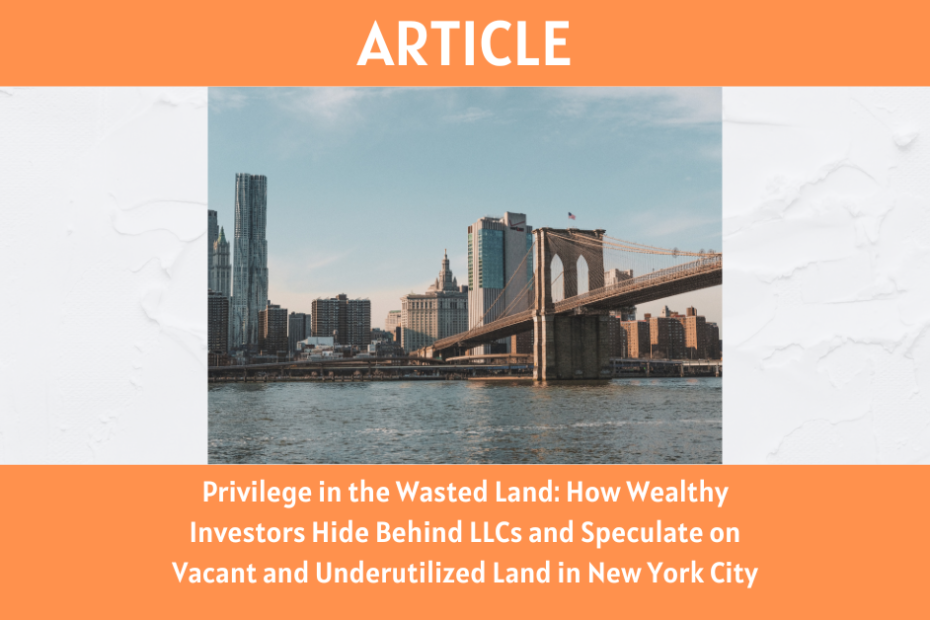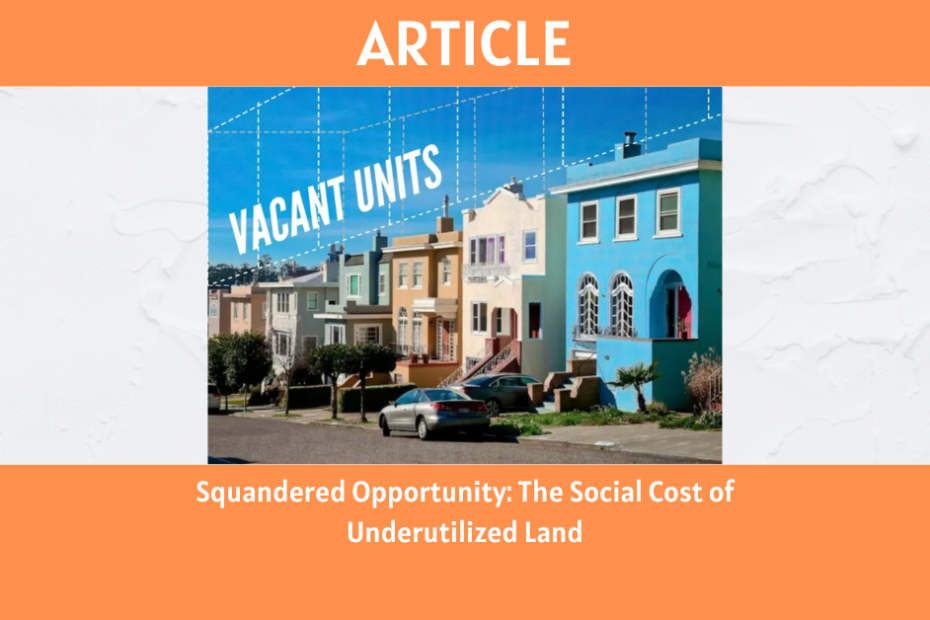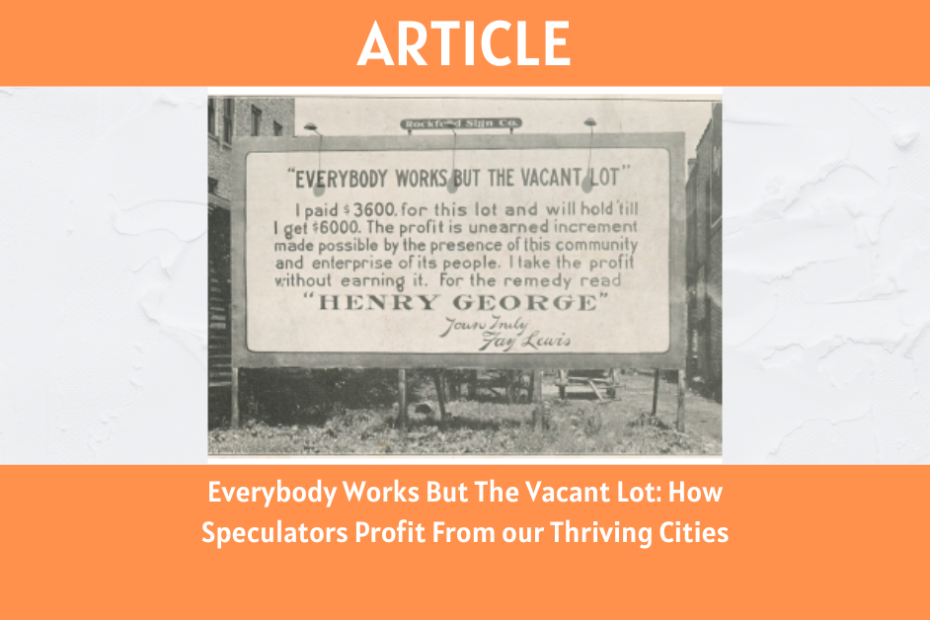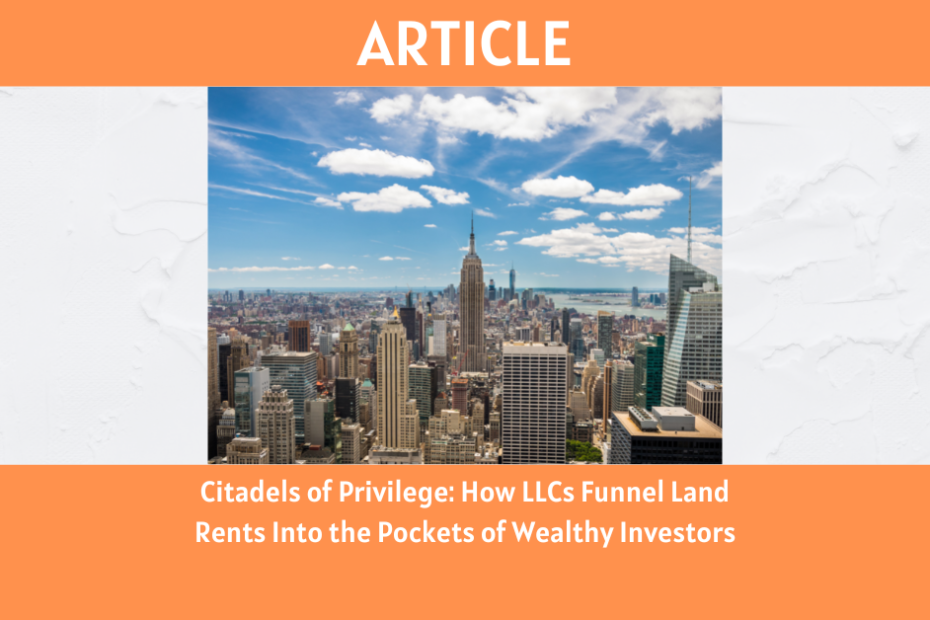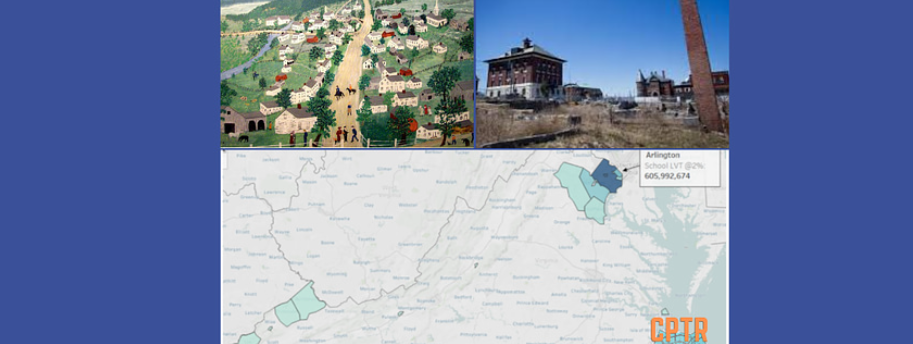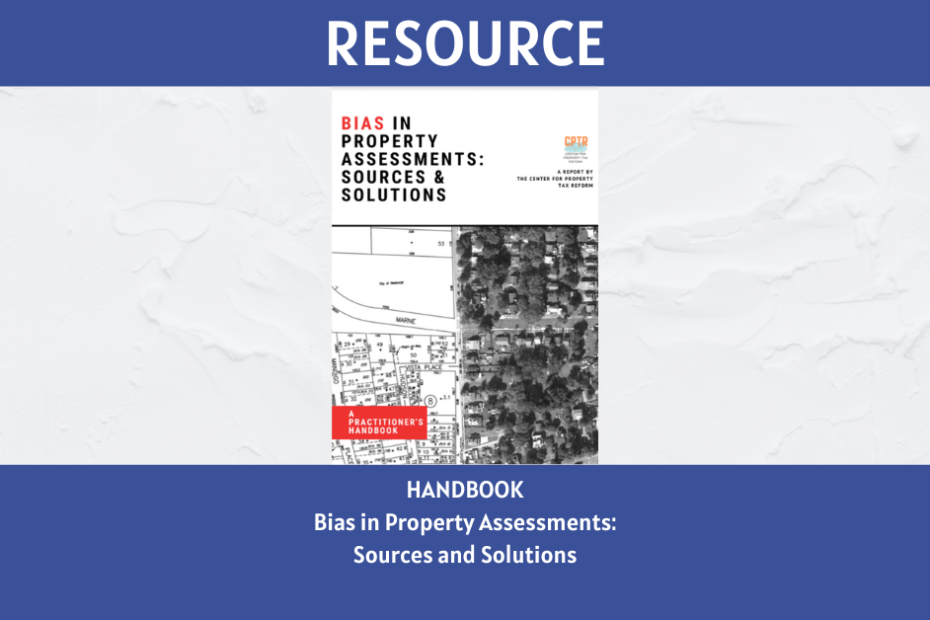“On a Sunday afternoon, the city council of Amsterdam flushed 100 years of progressive policy down the drain,” says journalist Hans de Geus. “Melancholy, disappointment and a fighting spirit” prevail in the green progressive party (GroenLinks). “A historic blunder,” according to Marjolein Moorman, currently alderman for the social-democratic party (PvdA). The reactions to the most recent change in the Amsterdam ground lease system were quite severe. The tenor of these reactions was that in 2016, the system was so fundamentally changed that it was de facto abolished. In contrast, there was a euphoric mood among homeowners and right-wing parties. “It’s done,” tweeted a supporter of the liberal party (VVD) enthusiastically.
The system change had been a fervent wish of the liberals, who traditionally stand up for the interests of homeowners. Remarkable, because it had also been a liberal, alderman Treub, who had stood at the beginning of the Amsterdam ground lease system. By no longer selling municipal land, and instead giving it out on long lease, the municipality at the end of the 19th century wanted to get a grip on the uncontrolled growth of the city, stimulate the construction of houses, fight speculation, and make sure the growing value of the land would benefit the community, instead of the individual land owner.

